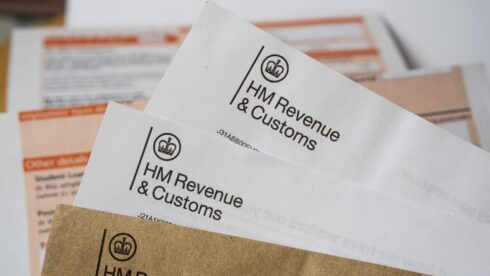What are the main advantages of a limited company?
Melanie Richardson
28/10/2019
Changing from sole trader to limited company
Many people in the UK operate as a sole trader however, there are many advantages to be gained by switching to a limited company. This article will discuss the benefits of incorporating your business into a limited company.
When is the right time to switch to a limited company?
Often when setting up in business, people begin by operating as a sole trader as it is easier and more straightforward to get going and has less administration and cost in comparison to setting up a limited company.
As earnings increase, forming a company may actually reduce your overall tax burden and increase the business’ attractiveness to potential clients. In fact some companies will only work with other limited companies.
As a business grows and you start to employ people or sign up to leases and agreements, you may also find that it is better to become a limited company in order to protect your personal assets in the event that things start to go wrong.
Advantages
There can be many advantages to incorporating your sole trade business to a limited company. These are the main benefits however if you have specific questions do get in touch with Robert Willison, one of our partners who can help you decide what to do.
Protection through limited liability
Limited companies are seen as their own legal entity, this means that as a director of a company you have capped (limited) liability for the company’s debts. This means that if the company goes under or runs into trouble you are unlikely to be personally liable for the business’ financial losses.
You do have to be careful though because if it is determined that you continued to operate the company in the knowledge that it couldn’t pay its debts, you may still become personally liable – obviously good advice is key.
Operating as a sole trader does not afford a business owner protection from business debts or liabilities.
Tax and National Insurance efficiency
Many business owners take a low salary and then make it up with dividends throughout the year. This minimises income tax and National Insurance costs, as dividends are taxed at a lower rate than salary.
Not too expensive or difficult
The process of setting up a limited company can be relatively straightforward – you can actually do it online in less than 15 minutes although it’s not to be recommended. Getting a company set up properly in the first place can save a lot of money later on down the line
Selling the business
If you decide to exit the business, you can sell the shares to the purchaser but beware, it can mean a longer more drawn out process as you will also be selling the company’s history and purchasers will be wary of buying problems.
Things to consider
Since a limited company is its own legal entity, it will need its own separate bank account and the money in that account belongs to the business rather than you. Any money you take from the company is included in your taxable income. The company will also have to pay corporation tax – currently 19%. Tax rules surrounding the provision of services by a limited company can also impact on the company’s tax bill.
The importance of a good accountant to help you navigate this process is key. There are definite advantages to incorporating your business, but you have to make sure that all of the implications and disadvantages are carefully considered before taking the plunge.
If you have any questions about whether you should think about switching to a limited company please get in touch with Robert Willison who will be able to advise you on the best course of action
Email: robertw@swindellsaccounting.co.uk
Tel: 01825 763366

Sign up to receive our private content
straight to your inbox






